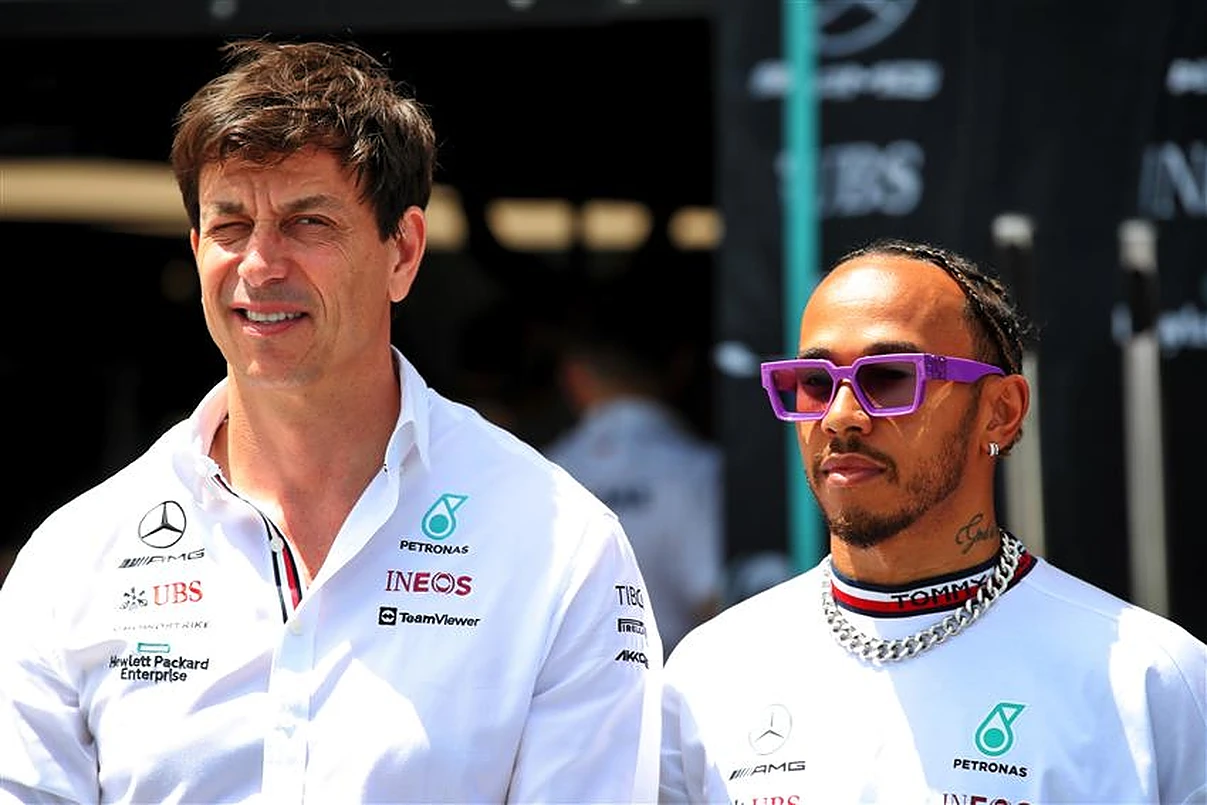Mercedes team principal Toto Wolff has been impressed by how “robust” the FIA have been whilst investigating last season’s financial submissions, which are set to be released shortly.
It’s that time of the year again when speculation over the budget cap starts, and whether any sides have breached the $135 million limit.
It’s been rumoured that three teams have potentially breached the cap; however, the governing body has quashed the reports as being “unfounded”.
The FIA have insisted that they are still completing the auditing process, prior to revealing whether any team have exceeded the cap.

Want to work in Formula 1? Browse the latest F1 job vacancies
Red Bull, of course, were penalised for breaching the 2021 budget cap.
The Austrians were fined $7 million and slapped with a 10% reduction of their permitted wind tunnel time for 12 months, a penalty which is due to expire towards the end of 2023.
A strict process is clearly being followed by the FIA this season to ensure that breaches don’t occur, given the damage it does to the championship.
Wolff recently revealed what the auditors are doing as part of the budget cap investigations, with the Austrian being impressed by how seriously it’s being taken.
“They [F1 auditors] came back with tonnes of questions to lots of teams and that shows how robust the process is, which is good,” Wolff told Sky Sports.
“Strong auditors are beneficial for F1. We need to stop any kind of unintentional or intentional breach of the cost cap. It’s like technical and sporting regulations.”
Interestingly, Wolff also admitted that the FIA need to investigate other projects being run by F1 teams more closely, given that it makes the cost cap “more complex”.
READ: Alfa Romeo driver set to secure F1 future
“The big teams have thousands of people and various projects – commercial and non-commercial,” added Wolff.
“For us it’s a bit easier because we have everything in one entity. The employees are all in one place and you can see where they have been attributed.
“It becomes more complex when you have more variety of subsidiaries. I’ve never been shy of saying with the 2026 regulations we should get rid of all of that overall.”

